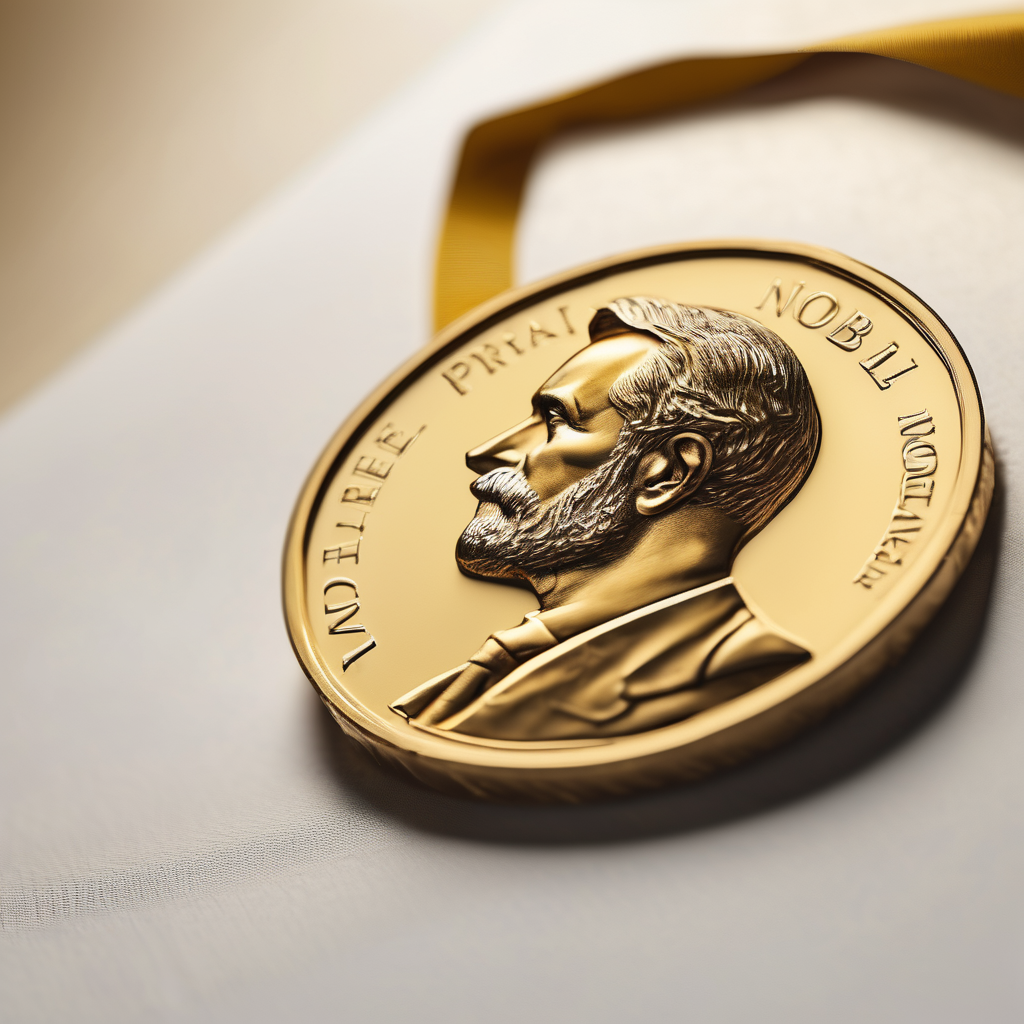Joel Mokyr, Philippe Aghion, and Peter Howitt have been awarded the 2025 Nobel Prize in Economic Sciences for their influential research on innovation and the theory of “creative destruction.” This concept examines how innovation can stimulate economic growth and elevate living standards worldwide. Their work emphasizes that technological advancements pave the way for new products and production processes, ultimately enhancing the quality of life and health for communities globally.
The Royal Swedish Academy of Sciences, which presents the Nobel Prize, pointed out that while innovation has the power to propel progress, consistent economic growth cannot be taken for granted. The Academy remarked, “Economic stagnation, not growth, has been the norm for most of human history,” urging vigilance against potential threats to sustained advancement.
In the context of current global economic challenges, the laureates expressed concern over various factors that may impede growth. They specifically highlighted U.S. President Donald Trump’s trade policies and educational reforms, arguing that these could compromise the nation’s dedication to scientific advancement. Mokyr warned that the administration’s approach to education could profoundly affect America’s scientific leadership, drawing parallels with historical setbacks in innovation observed during the Ming Dynasty in China.
The conversation about the role of innovation also intersects with ongoing discussions about economic inequality, a subject previously addressed by the 2024 Nobel laureates Daron Acemoglu, Simon Johnson, and James Robinson. Johnson emphasized that while technological progress often leads to benefits, these advancements tend to favor affluent elites over the wider population.
This award emerges at a critical juncture for the global economy. Many analysts believe that artificial intelligence could initiate a new growth surge. Aghion cautioned that trends such as de-globalization and tariff barriers could significantly obstruct this potential progress, stating, “Anything that gets in the way of openness is an obstacle to growth.” He highlighted the importance of learning from how the U.S. and China have managed competition and industrial strategy, advocating for a thoughtful approach to industrial policy in vital sectors like defense and technology.
Howitt echoed Aghion’s insights, indicating that tariffs may stifle innovation and economic expansion. He expressed doubt regarding the political attractiveness of reshoring U.S. manufacturing jobs, arguing that this approach does not align with effective economic strategy.
The Sveriges Riksbank Prize in Economic Sciences in Memory of Alfred Nobel, amounting to 11 million Swedish crowns (around $1.2 million), recognizes the critical relationship between innovation and public policy in influencing the future of the global economy. Despite the identified challenges, Mokyr, Aghion, and Howitt’s work offers a hopeful perspective, suggesting that with intentional policy and innovative strategies, societies can navigate the complexities of today’s economy, fostering sustainable growth and enhanced living standards for future generations.
